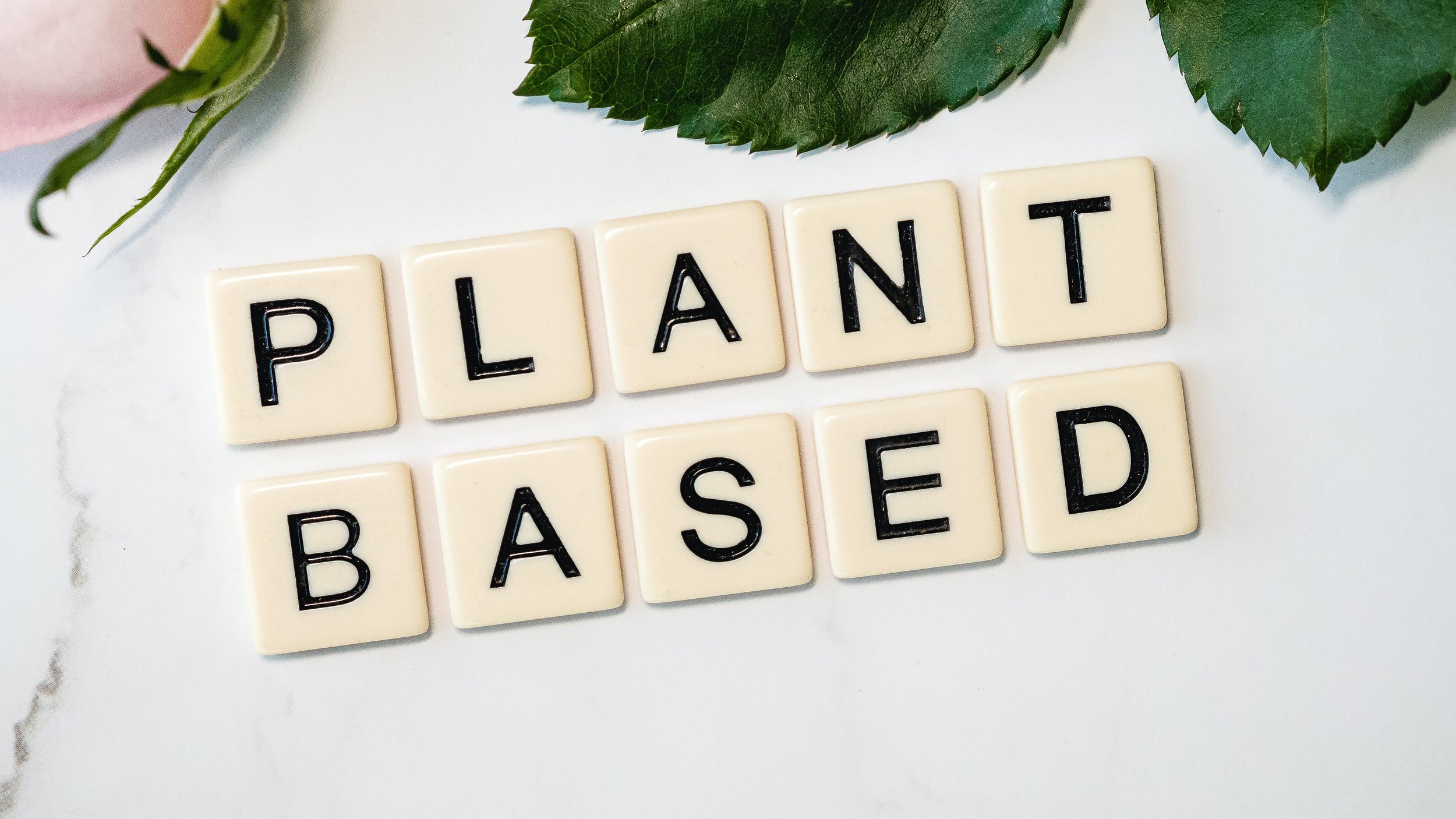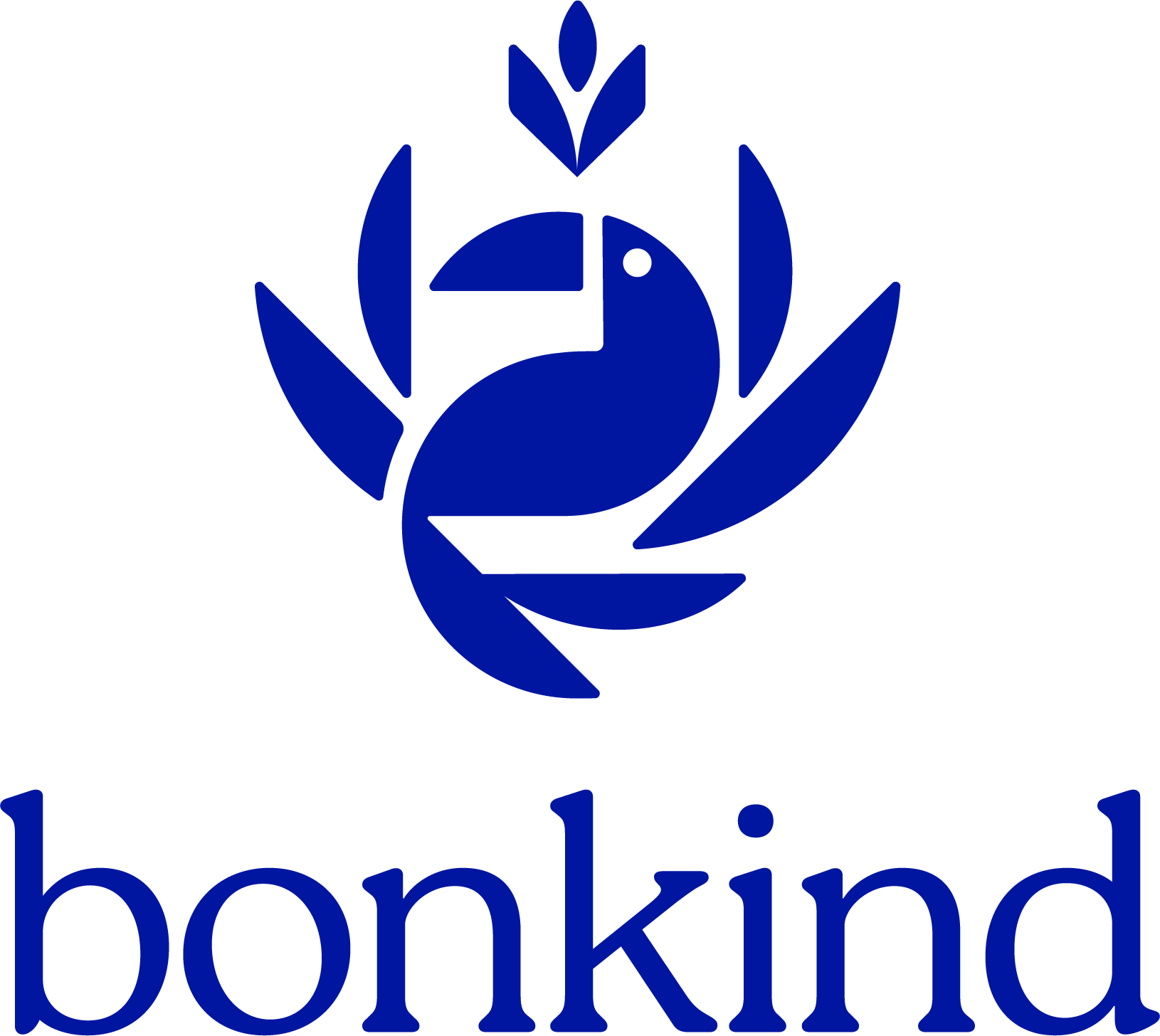There are many reasons people decide to become vegan. Some do it for animal rights, some do it because they don’t agree with the way in which animals are treated in the meat industry, and others simply do it because they want to be healthier. Your first question may be ‘are vegan and vegetarian the same’?- No. In a general sense, being vegan involves eating fruits, vegetables, nuts, seeds and beans—and avoiding meat (including fish and chicken), eggs, and dairy products like cheese and milk. However, even with these general rules there are several different types of vegan diets:
Raw veganism — This type of vegan diet avoids all foods that have been cooked above 42 degrees Celsius (108 degrees Fahrenheit). Raw vegans also avoid anything that is not raw such as sauces or condiments; this includes most vinegars which are generally made from apple cider or another type of vinegar.
Reduced-cruelty veganism — Reducing animal suffering is one of the main reasons why people adopt a plant-based diet. This is a more lenient form of being vegan where you can eat products like honey if it’s certified cruelty-free.
Raw and reduced-cruelty are generally considered the healthiest ways to be vegan because they involve lots of fruits and vegetables without many processed foods or oils.
Whatever your reason or type may be, if you’re new to being a vegan and trying to eat healthy, it can seem like a difficult task. However, becoming a vegan doesn’t have to be as challenging as you might think. By following these tips and strategies on how to eat healthy on a vegan diet, you can easily get all the nutrients you need.

Know your nutrients!
First and foremost, you want to know what nutrients you need to be healthy. If you know what nutrients you need, it will be easier to eat a well-balanced diet that is high in nutrients. Understanding the basics of nutrients will help you to create a diet that will allow you to be healthy. There are nine essential nutrients that you must consume to be healthy. These are: protein, fats, carbohydrates, fiber, vitamins, minerals, water, and iron. These nutrients are important for a number of different functions in our bodies, such as growing and repairing cells, energy production, carrying oxygen throughout our bodies, and so much more.
Supplement your diet
If you’re really worried that you’re not getting everything you need from your diet, you can take supplements to make sure you’re getting everything you need.
-
Vitamin B12 is usually found in meat and dairy products, so vegans usually have to supplement this vitamin in their diet. If you skip this vitamin, you can develop anemia.
-
Vitamin D is another vitamin you want to make sure you take supplements for if you’re a vegan. This vitamin helps out with calcium absorption and is usually found in fish and eggs.
-
If you’re a vegan, you may also want to consider taking a daily probiotic supplement. This will help to add more healthy bacteria to your gut and improve your digestion.
-
Iron is another nutrient that many vegans have to take supplements for. For non-vegans, iron is found in red meat and other types of animal products, so many vegans have trouble absorbing enough iron from their diet.
-
Zinc is another nutrient that many vegans have to take supplements for. This nutrient is found in meat and dairy products, so vegans usually have trouble absorbing enough zinc from their diet.



